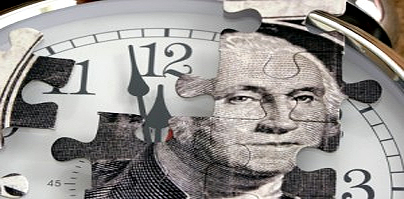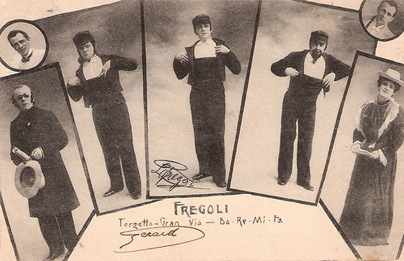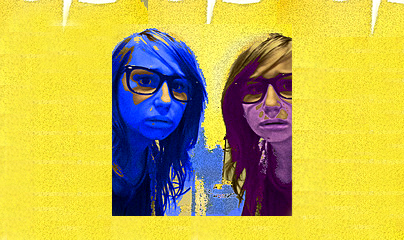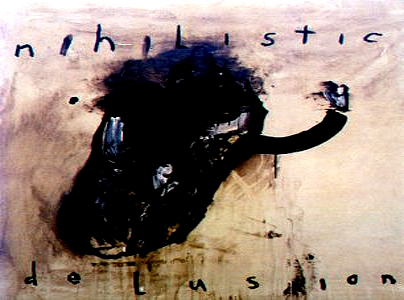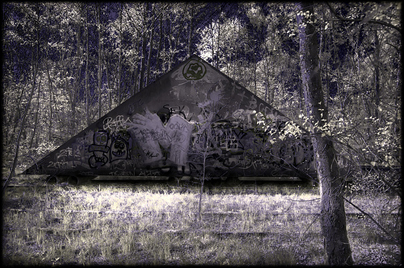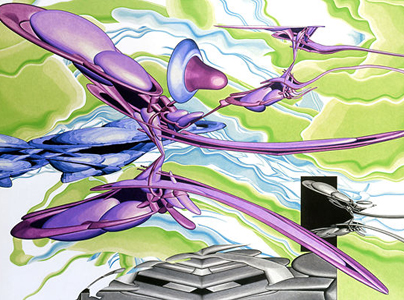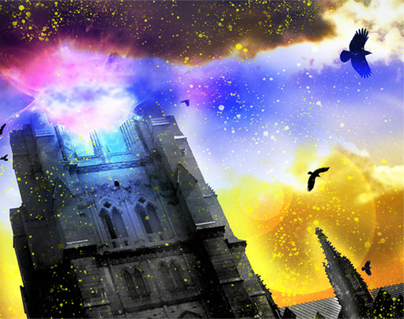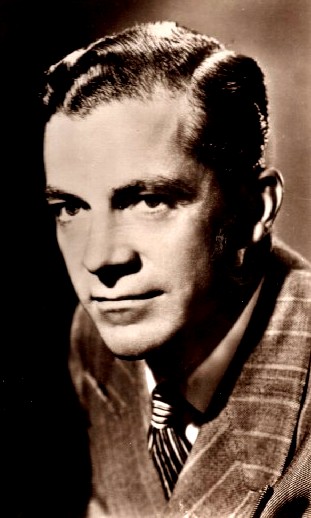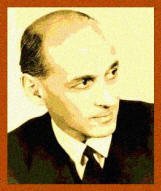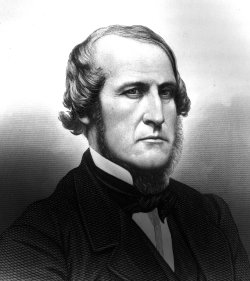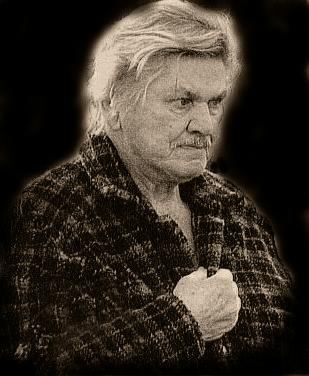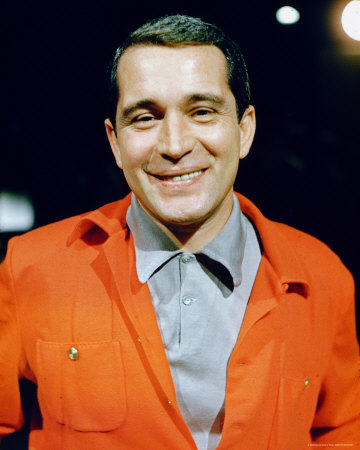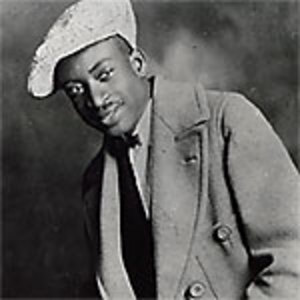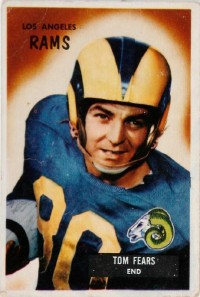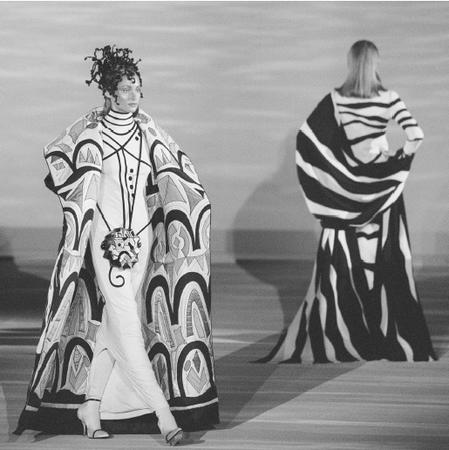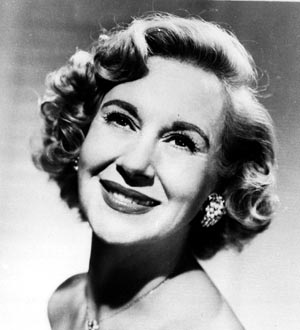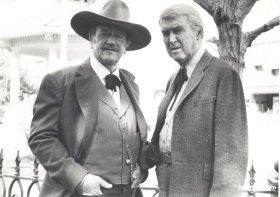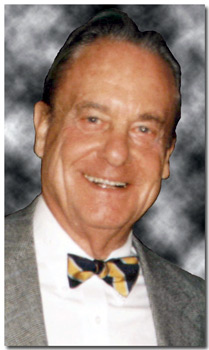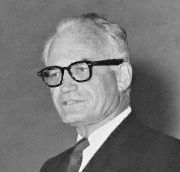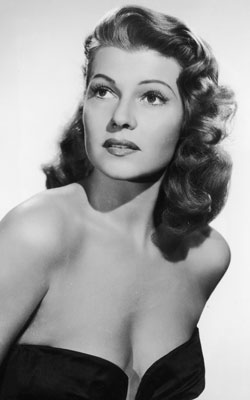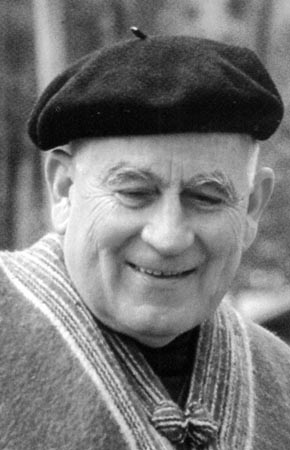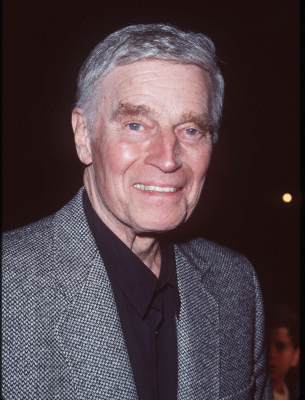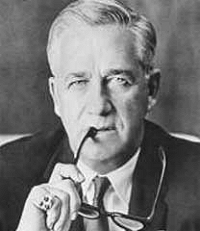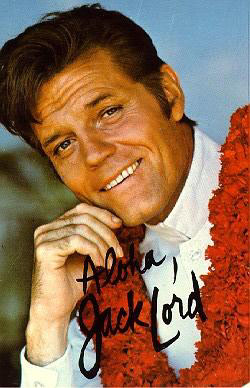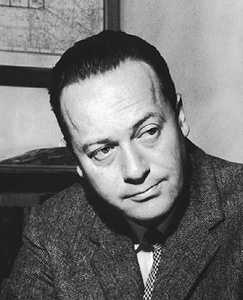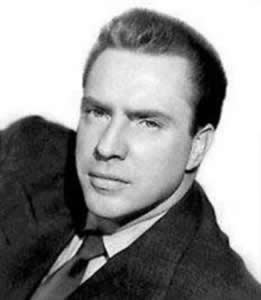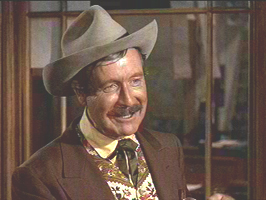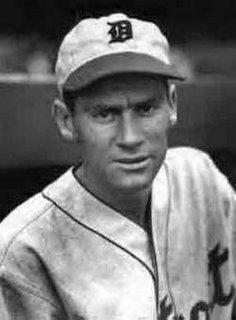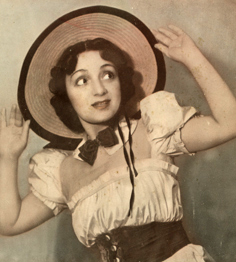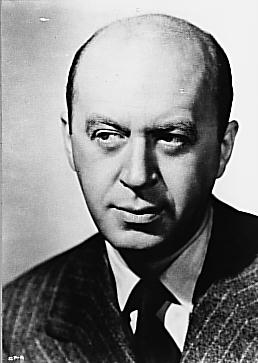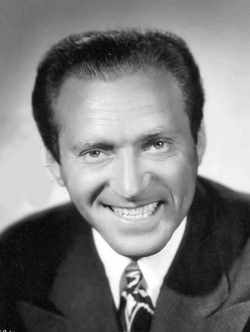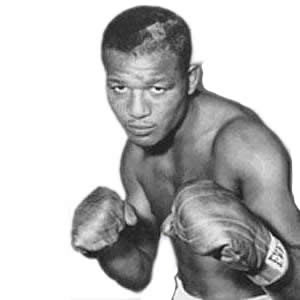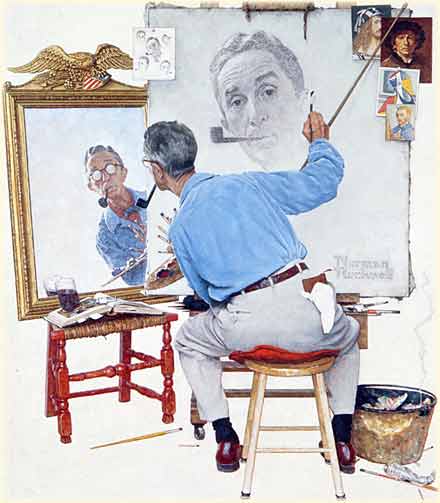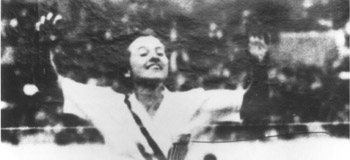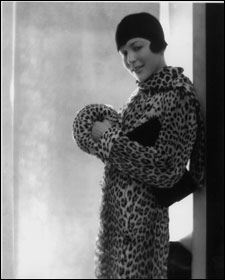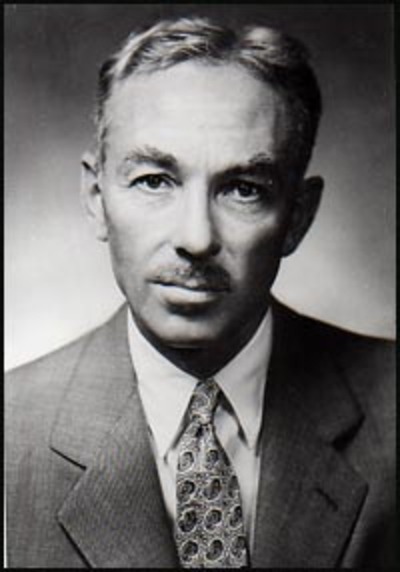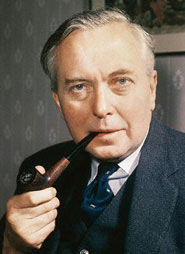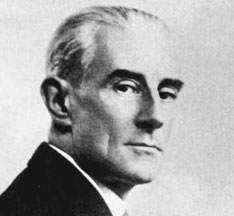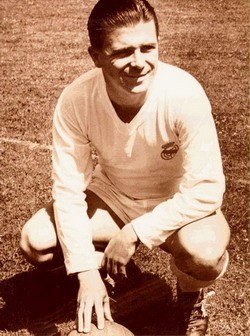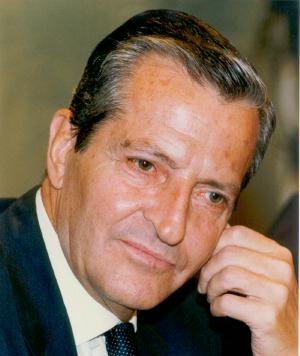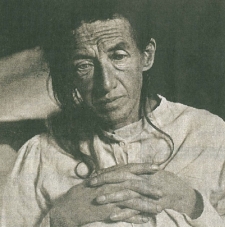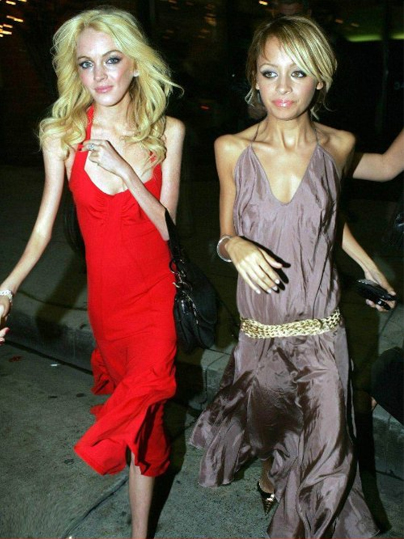10 Ways to Instant Charisma
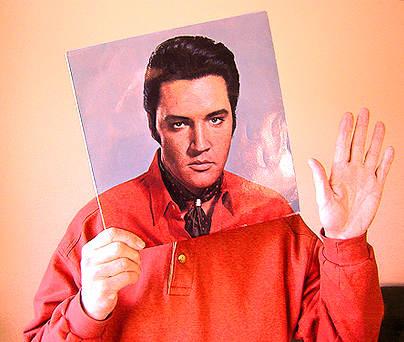
Charisma is defined as those magnetic qualities in certain individuals that enable them to dominate, influence others, and to win mass support. Since it is a basic trait of human nature that we all want to be admired, don’t hesitate to admit it. If we imagine about it, looking into many of our actions, we are really finding ways to validate ourselves and to satisfy this craving of being liked.
Have you ever found someone and immediately took a liking towards them? You can’t elucidate why, but you find a fondness and you wish to do things to help them. Here I’m not only discussing sexual attraction, but a real and guiltless feeling of affection towards another person.
In a job interview, you are more probable to be employed if the interviewer is attracted to your personality and unique look. In a business affair, you are more probable to get deals done and gain privileges. In a personal affair, you are probable to gain trust and loyal friendships.
When we make a decision that we like someone, it is a mental process that we cannot rather articulate. It’s not a mystery that we make decisions with regard to our emotions and rationalize them using logic. So, does this indicate that we can overpower an emotional decision that occurs subconsciously?
I suppose that decisions can be overpowered. I believe that the qualities of an admirable person can be figured out and developed in an effective manner.
Charisma – How to Get It
Apart from being gentle, polite and respectful, there are numerous other things we should care about. I’m not telling you to be a pretender, but be attentive to these traits when engaged in a conversation. These little qualities make quite a big difference in how others evaluate us.
1- Building a Presence

The primary component of charisma is “presence.” Presence, as described here, pertains to the ability of commanding gracious attention.
To shed light on presence further, look upon it more particularly as how you bear yourself. Imagine a Lotus in a parking lot of Fords. The Lotus stands alone – as a European sports car, it’s glossy and elegantly detailed as compared to the traditional and tedious Fords. It’s not in action, it’s not moving – it’s not doing a single thing and yet you’re attracted to it because of its sleek features. That’s what we call Presence…
Presence is very essential in the whole Charisma thing… It is the most basic step of creating a “first impression”. As various elements constitute charisma, so do various elements create presence.
When making up an aura of charisma, you’re making use of this instinct to your advantage (which most individuals can’t command because they’re unaware that it is something occurring in their subconscious). Let’s look at this analogy: If you look like a gangster, you’ll be evaluated as probably being a gangster. If you look like you’re gay, you’ll be evaluated as probably being gay. And if you look like a magnetic person used to respect and even admiration, you will be evaluated as a person who is probably charismatic and worthy of respect and even admiration.
2- Mirroring
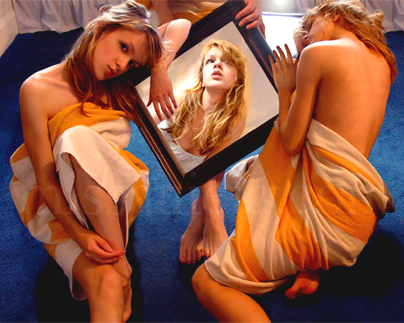
Mirroring is defined as the habit of imitating the other person’s physical mannerisms, movements and facial expressions when engaged in a conversation. You become a mirror image of the person you’re trying to imitate.
Mirroring occurs naturally in social interactions, but when you are attentive of it and are conscious of its affects, it can be employed as a tool in effective communication for generating rapport.
Mirroring a person strongly will make you feel what they’re feeling (to a particular extent). I did a mirroring exercise myself, in a group of three, on a workshop. The first person initiates by envisioning a scene; imagination, feeling and experiencing it closely. The second person copies this person’s facial expressions and physical postures. The third person lines up the second person’s facial expressions and physical postures until he’s convinced that they are identical. Later on, the second person clears up what he/she was feeling. Not only does the second person feel the feelings of the first person, but will at times see what the first person is seeing in his imaginativeness. I was kind of astonished after trying this out, myself.
Try mirroring facial expressions, posture and body language when get a chance while engaged in a conversation with someone. You will soon discover that the conversation abruptly feels very friendly, open and favorable.
For instance, you are sitting across the table from someone. You see them holding a glass of water with their left hand and gently inclining forward, then to the right. You mirror them by taking up your glass of water with your right hand, leaning forward and towards the left.
It’s a fun thing to do!
3- Remembering Names
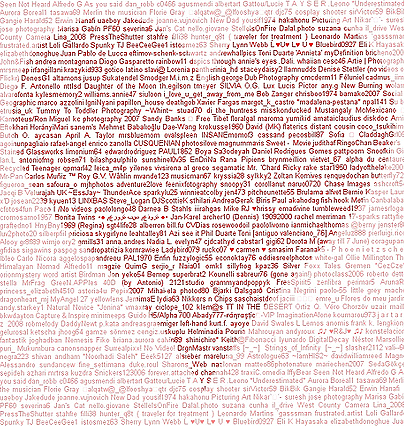
In person, I’m quite impressed when others I’ve just seen remember my name and use it in a sentence. Our family, parents, teachers, friends, and family, have hard wired the sound of our name in our brain since birth. It is obvious to attract your attention without any delay. It makes us feel authoritative and honored, filling our desire for attention, love and affection.
Remember the last time someone who you just met parted by saying “Nice meeting you, [insert your name]!” Didn’t you like it? They are actually paying enough attention to remember your name, and you naturally feel like showing them the same respect.
Always try to make an effort to remember people’s names.
4- Be Interested

As I’ve already discussed, people love talking about themselves, badly!
Don’t hesitate to ask questions that the other person will love to answer. If you’re talking to a complete stranger, start with the basics and dig deeper. Repeat their words to ensure you really understand what they’re saying. You can imagine this technique as verbal mirroring. When you’re asking questions about their interests or feelings, you actually mirror their interest in themselves.
Pay attention to the other person’s answers. Only when you are listening will you truly take up what was expressed and will actually feel interested. If you come across an uninteresting conversation, find ideas that do interest you and re-focus the conversation. Ask questions. Play it!
5- Allowing Others to Talk
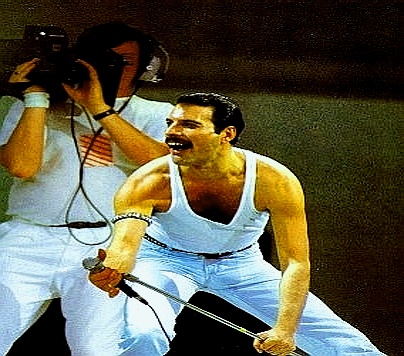
Besides asking questions, it’s very important to allow the other person to talk. This says, stop talking. Stop talking about yourself, stop putting in your views, and avoid interrupting.
When you are engaged in a conversation next time, try not to talk about anything after asking a question. This means do not speak for a few minutes. Even when the other person appears to be finished, try not to speak for another 30 seconds. Most often, the person is still thinking, is actually pausing, and will start speaking again. With this technique, you are probable to dig up a lot more depth from that person.
Many females I know hain theve these interruption problems (males too!). Work harder on this skill; and you’ll be shocked at the wealth of thoughtful goodness coming from your partner. Being a humble listener is an excellent way to connect with and get to know other people.
Things to do: Ask a question and then zip up. Listen and learn.
6- Intention

Give out the intention that you would love to get to know this person better, to really listen to them and to be there for them. I’m always astonished at the power of intention, which I believe is the source of starting anything, whether it is an ambition or a relationship.
Make a wish for the other person you’re talking to/ interacting with. Give out a positive intention for your interaction.
7- Offer Help

We are naturally self-seeking and are driven by motivations that help us, leaving off some extreme cases and parent-child relationships. But let’s face it; we are mainly self-seeking because it is a natural element of our survival instincts. Yet if we are working on a good cause, we always have a reason for helping that is personally gainful.
When others genuinely offer their help, we feel particularly warm-hearted towards them. Why? Offering help is a positive gesture that involves a respect and admiration for you. And when we put ourselves in their shoes, wouldn’t it be beneficial to offer help to others?
I strongly believe in giving more than I take in return. Offer help to others accept help when you need it.
8- Smile

“Sometimes your joy is the source of your smile, but sometimes your smile can be the source of your joy. Because of your smile, you make life more beautiful.”
- Thich Nhat Hanh
Do you retrieve how you felt when you saw a genuine smile? Or clumsily standing in an elevator full of strangers and suddenly someone smiles at you? It is actually contagious and shifts your state to a positive one.
Smile genuinely. Take the first step by smiling at friends. Make an effort to lift the spirits of passing strangers.
9- No Fear
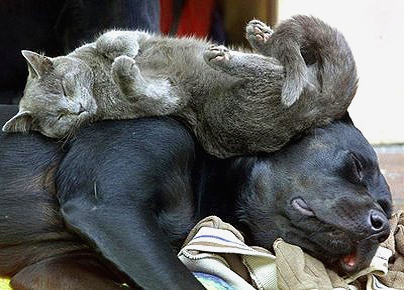
If you wish to have mystique, you’re going to have to drop all irrational fear and be a rockstar! That doesn’t suggest you won’t get scared if someone comes to you with a gun. It just entails if your life isn’t in any real or perceived danger, you don’t blench.
Don’t be terrified to say what other people are frightened to say, or do what most people want to do, but are afraid to. Don’t be nervous to be controversial, but don’t just do it deliberately. Controversy gets people thinking, and that helps you to be the center of attention.
10- Authenticity

Any of the above skills will work by themselves, but become highly efficient only when combined with genuineness.
Always be authentic and be your complete self, no more and no less. When you are totally sincere and speaking from your heart, you will triumph a kind of energy that people cannot help but to connect with. In that moment, you are perfect, expressive, and radiating your true self. When others find out that side of you, they are truly seeing a reflection of that part of themselves.
Just be yourself, and you will simply be awe-inspiring.
















